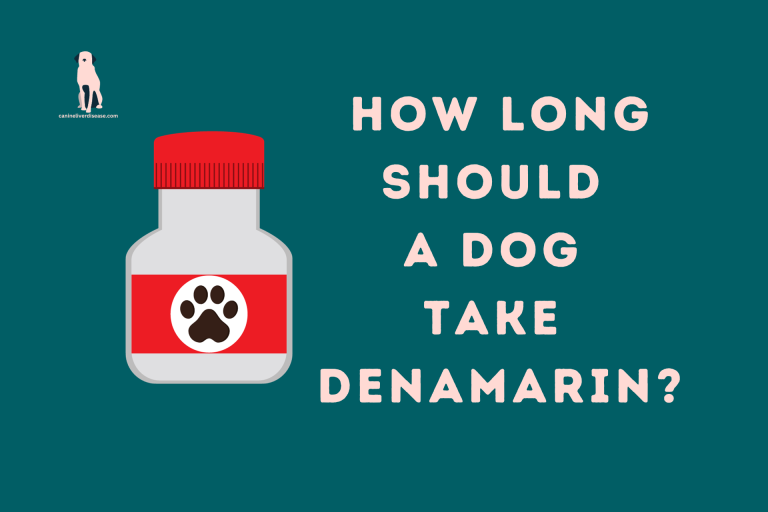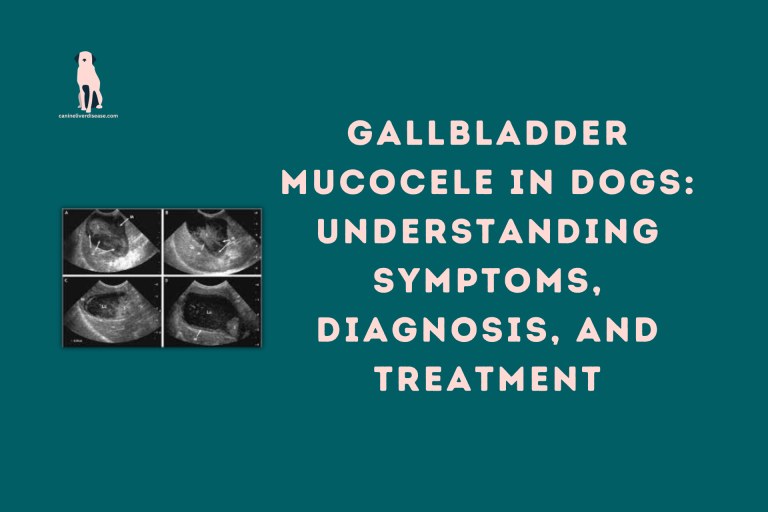What are the symptoms of late-stage liver failure in dogs?
Late-stage liver failure in dogs is a serious condition that can have severe consequences if not identified and managed promptly. In this article, we will explore the symptoms of late-stage liver failure in dogs and discuss how to recognize them.
Introduction to Late-Stage Liver Failure in Dogs
Late-stage liver failure, or end-stage liver disease, occurs when a dog’s liver is severely damaged and can no longer perform its vital functions adequately. The liver plays a crucial role in detoxification, metabolism, and nutrient storage; when it fails, it can lead to various health issues.
Causes of Late Stage Liver Failure
Understanding the causes of late-stage liver failure is essential for identifying the condition in dogs. Common causes include chronic liver diseases, infections, toxins, and genetic factors.
Recognizing the Symptoms
Symptoms of late-stage liver failure in dogs can vary, but some common signs to watch for include the following:
- Loss of appetite
- Weight loss
- Vomiting
- Diarrhea
- Jaundice (yellowing of the eyes and skin)
- Increased thirst and urination
- Lethargy
- Confusion or disorientation
- Swollen abdomen
- Bleeding disorders
Diagnostic Procedures
Diagnosing late-stage liver failure typically involves blood tests, imaging (such as ultrasound), and sometimes a liver biopsy to assess the extent of damage.
Treatment Options
While late-stage liver failure is a severe condition, treatment options are available. These may include medication, dietary changes, and, in some cases, surgery.
Nutritional Support for Dogs with Liver Failure
Proper nutrition is crucial for dogs with liver failure. Specialized diets and supplements can help manage the condition and support the liver’s function.
Lifestyle Changes for Affected Dogs
Dogs with late-stage liver failure may require adjustments to their daily routines, including reduced physical activity and increased rest.
Prognosis and Expectations
The prognosis for dogs with late-stage liver failure varies depending on the underlying cause and the severity of the condition. Some dogs can live comfortably for an extended period with proper care.
How to Care for a Dog with Late-Stage Liver Failure
Caring for a dog with late-stage liver failure involves medication management, dietary control, and regular veterinary check-ups. It’s essential to provide a loving and stress-free environment.
Frequently Asked Questions (FAQs)
Can late-stage liver failure in dogs be prevented?
While some causes are preventable, such as avoiding exposure to toxins, others, like genetic factors, may not be preventable.
What is the life expectancy of a dog with late-stage liver failure?
Life expectancy varies but can range from months to years with proper treatment and care.
Are there any natural remedies for late-stage liver failure in dogs?
It’s essential to consult a veterinarian for appropriate treatment; natural remedies alone may not be sufficient.
Can late-stage liver failure be reversed in dogs?
In some cases, if the underlying cause is treatable, partial reversal of liver damage is possible.
Is late-stage liver failure painful for dogs?
It can be uncomfortable, but pain management is part of the treatment plan.
Conclusion
Late-stage liver failure is a severe condition in dogs, but with early detection, proper treatment, and ongoing care, affected dogs can enjoy an improved quality of life. If you suspect your dog may be experiencing symptoms of late-stage liver failure, consult with your veterinarian immediately.







